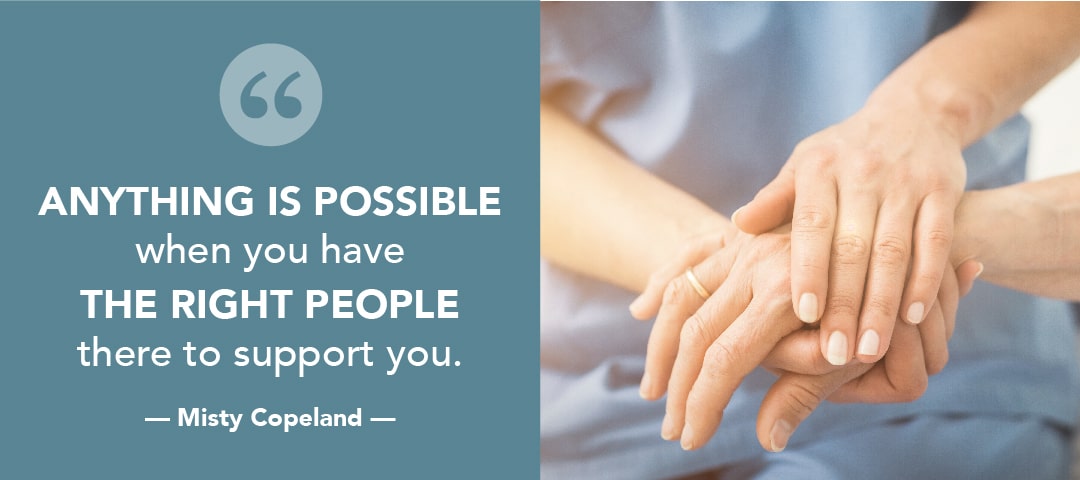COVID-19, also known as the coronavirus, has become a main issue today as it spreads throughout different countries and cities. We know that many patients and visitors may be nervous about catching this infectious disease. We assure you that we have developed protocols and safety measures to protect those in our facility.
Below is what you need to know about the coronavirus, including what we are doing to help you and your loved ones.
Is the facility prepared?
Yes. Our highly trained team of healthcare professionals is prepared to treat patients with serious illnesses and complex diseases. We have infectious disease specialists who understand and follow safety protocols established by local, state, and federal healthcare officials. They are closely monitoring healthcare developments and findings.
Should I wear a facemask?
The Centers for Disease Control and Prevention does not recommend that the general public wear face masks outside of work settings. You should wear a face mask, however, if you have an airborne infectious disease.
Is coronavirus dangerous?
According to the CDC, the general public is considered at low risk of getting coronavirus. Often, those who have the disease suffer from only a mild illness. Some who are infected may not even realize it. Like influenza, coronavirus can develop into a more serious illness such as pneumonia and result in death. Those who are of older age and who have underlying conditions are the most susceptible to coronavirus.
What are the symptoms?
Symptoms include a fever, cough, and shortness of breath and can appear within two to 14 days after exposure. If you experience these symptoms, contact your doctor immediately to get tested. If you have recently been in close contact with someone diagnosed with coronavirus or who has recently traveled to an area infected with coronavirus, call your physician.
What is the facility doing to protect patients?
To ensure the well-being of our patients, we screen all current and new patients for coronavirus symptoms and review their travel history. If a patient shows symptoms or has recently visited an infected location, he or she will receive a coronavirus test performed by trained specialists. We adhere to strict protocols designed by the CDC when interacting with those being tested to prevent transmission. In addition, our staff members strictly observe standard, contact, and airborne precautions and monitor visitor access and movement within the facility.
How can I protect myself and those around me from coronavirus?
- To avoid exposure and prevent transmission of the disease, public health professionals have recommended the following steps:
- Avoid close contact with those who are sick.
- Refrain from touching your face, including your eyes, nose, and mouth.
- Stay at home if you are experiencing ill-like symptoms.
- Cough or sneeze into a tissue.
- Disinfect objects that are regularly touched at home and at your workplace.
- Wear a facemask if you show symptoms of coronavirus or other infectious airborne diseases.
- Wash your hands with soap and warm water multiple times a day, especially after being in public or shaking hands with others.
The health and well-being of our residents are our main priority. We assure you that our staff members are doing everything in their power to help maintain the safety and cleanliness of our building. We ask that all patients and visitors follow the recommended guidelines above to protect themselves and others from the coronavirus.

